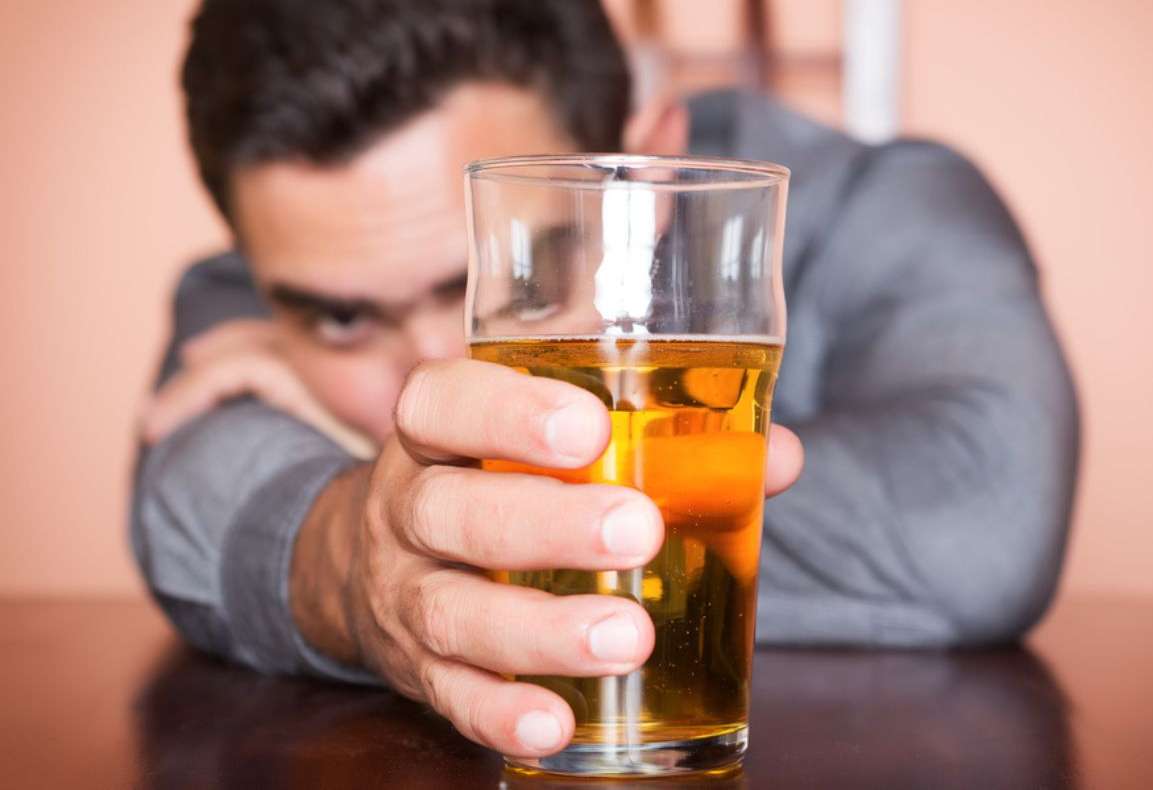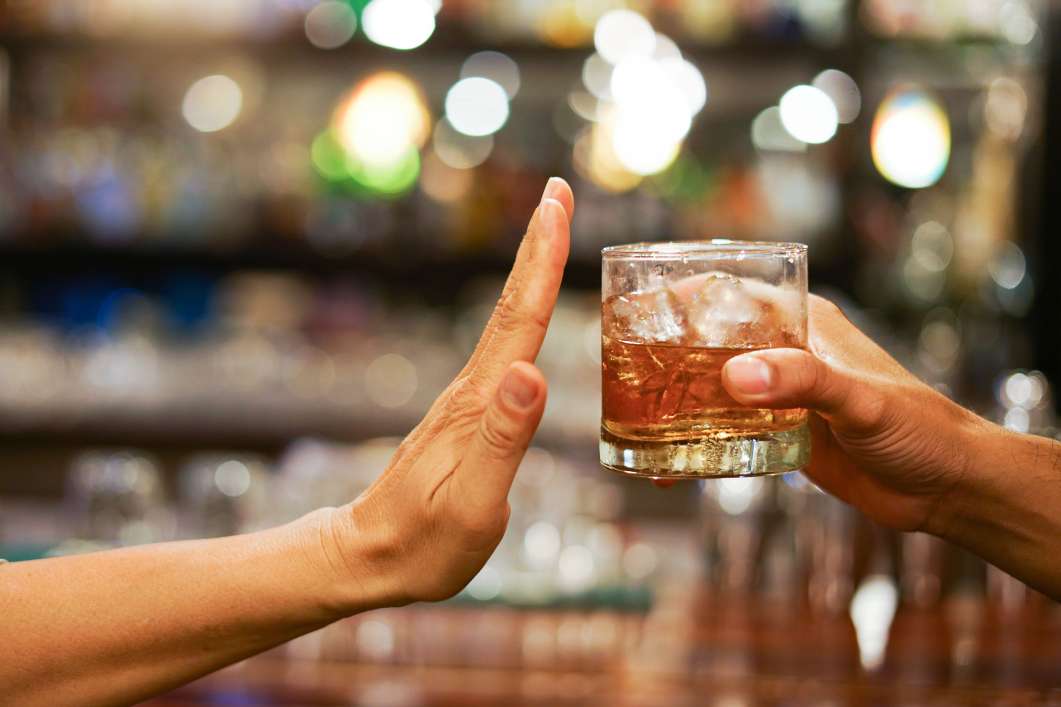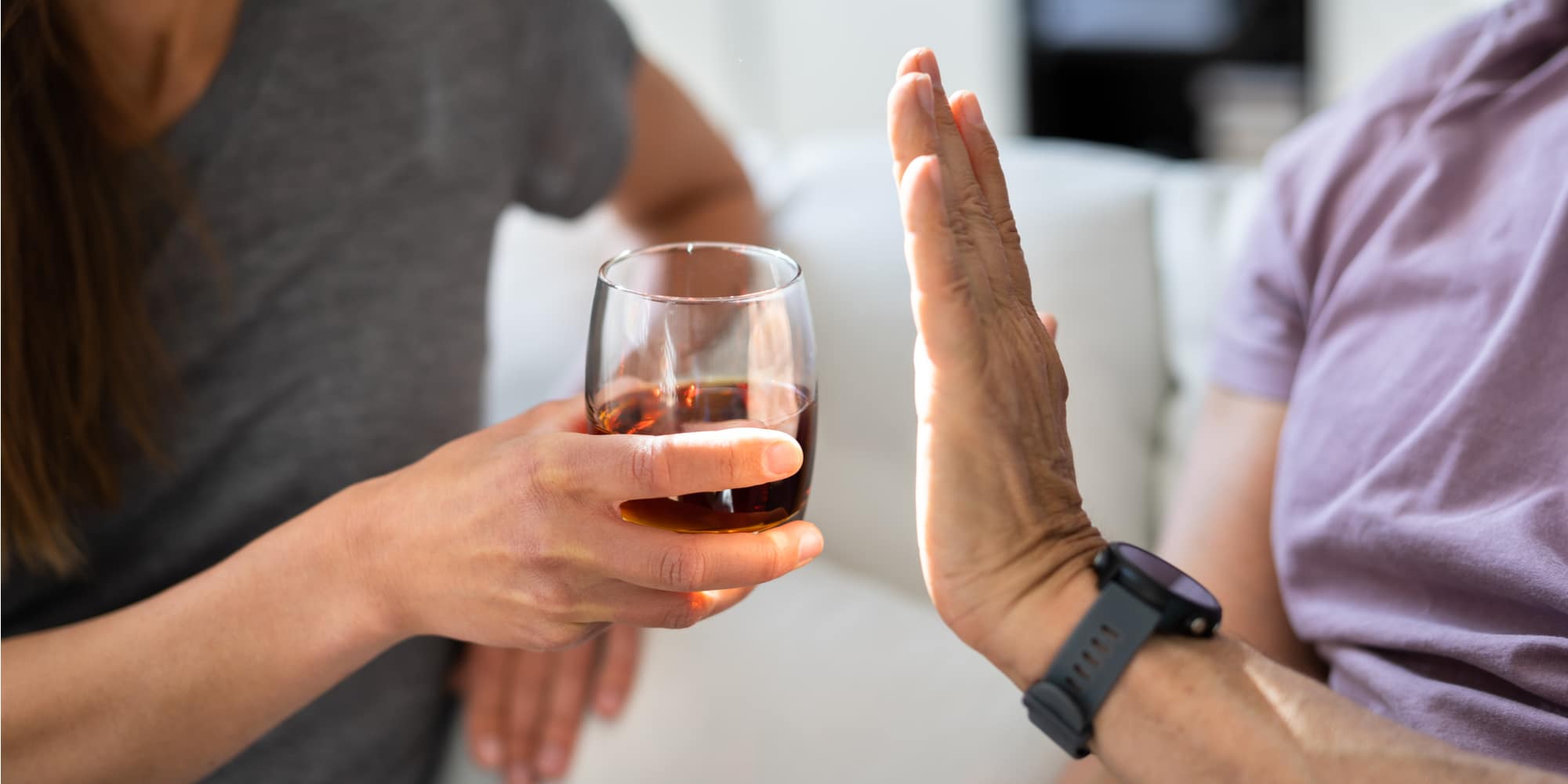Science Explains What Happens When You Quit Drinking Alcohol
Many people appreciate drinking alcohol because it helps them unwind and relax after a stressful day.

Many people appreciate drinking alcohol because it helps them unwind and relax after a stressful day.
It is also popular because it makes individuals feel less inhibited and more assured in social situations such as parties and pubs. While alcohol can temporarily alter one’s emotional state, it has numerous negative effects.
Since you’re having a good time while drinking, you presumably don’t think about the risks of alcohol.

Or, you may disregard any potential negative consequences and believe they won’t occur.
However, it is important to consider the health hazards of alcohol in order to prevent a drinking habit from developing into substance abuse or chronic conditions such as heart disease.
In addition, many individuals dislike having a crutch to help them disregard the stresses of the world and daily life. Initially, it may feel exhilarating and euphoric, but as with any addiction, it becomes a delicious poison.

They recognize that confronting problems head-on is preferable to drowning them in alcohol and other vices.
In a sense, giving up alcohol is liberating because your desires and bad behaviors are no longer in control.
If you’re looking for motivation to cease drinking and adopt a healthier lifestyle, continue reading to learn about the positive effects it will have on your mind and body.
Positive psychological and physical effects of alcohol abstinence
You’ll experience deeper sleep.Have you ever observed that after a night of drinking, you awaken groggy?
While alcohol may aid in falling asleep more quickly, it can cause insomnia later in the evening.
This occurs because alcohol increases insulin levels, causing initial drowsiness followed by agitation.
In addition, it disrupts your circadian rhythm and prevents profound sleep, both of which are essential for good health.
Therefore, if you give up alcohol, you will feel more alert and revitalized each day, and you will no longer have to deal with those dreadful hangovers!
Giving up alcohol will improve your mental clarity.

You’ve probably observed that alcohol causes brain fog and forgetfulness, particularly after consuming multiple glasses.
It reduces your reaction time and induces a haze, which explains why drinking and driving causes accidents and even mortality.
The hippocampus, frontal lobes, and cerebral cortex, which govern memory and information processing, are impaired by alcohol consumption.
When you abstain from alcohol, your temperament and mental acuity will improve because you will feel less fatigued. As your brain recovers, your memory will also recover, and your emotions will stabilize.
You might lose weight if you quit drinking.
Due to the fact that alcohol inhibits the metabolism, it can cause weight gain over time.
Since your body views alcohol as a contaminant, your liver processes it before other nutrients.

Therefore, alcohol consumption increases adipose and sugar storage as the liver struggles to keep up.
Additionally, alcohol is high in calories. (around 160 calories for a glass of red wine and 210 or more for a pint of beer). In addition, many “fruity” cocktails containing vodka or tequila are laden with sugar.
All of these excess calories are stored as fat, which can lead to a variety of health problems.
Therefore, when you cease drinking, you may lose weight without making any other changes to your routine.
alcohol
Abstaining from alcohol will improve digestion.
Because it irritates the gastrointestinal tract and stomach mucosa, alcohol impairs nutrient absorption and hinders digestion.
Additionally, imbibing causes an increase in gastric acid production, which can result in indigestion and acid reflux.
In extreme instances, alcohol consumption can result in digestive disorders such as esophagitis and gastritis.
However, when you cease drinking, your stomach muscles will relax and your body will be able to absorb more nutrients.

Your immune system’s performance will improve.
Due to a weakened immune system, alcoholics are susceptible to illness more frequently. Consuming alcoholic beverages diminishes immunity by decreasing the antibodies that combat infections, increasing inflammation, and negatively influencing gut bacteria.
When you cease drinking, however, your body is able to recover, and your immune system will become more adept at detecting harmful bacteria and viruses.
You’ll feel more hydrated.Alcohol is a diuretic that causes hydration loss by increasing urine production.
You’ve probably observed that after a night of heavy drinking, you need to use the restroom more frequently.
Alcohol reduces the antidiuretic hormone, or ADH, which tells the kidneys to retain water.

Therefore, your kidneys will generate more urine when your body produces less of this hormone.
Therefore, not imbibing will help you feel more hydrated because you will lose less water.
Your risk of cardiovascular disease will be reduced.According to a study conducted by the American Heart Association (AHA), excessive alcohol consumption increases the risk of heart disease, stroke, high blood pressure, and cardiomyopathy.
This is due to the fact that alcohol gradually weakens cardiac muscles, constricts blood vessels, and causes fluid retention, all of which contribute to poor heart health.
In addition, alcohol consumption increases inflammation in the body, which places a tremendous amount of stress on the heart and other organs.
READ: The Education System Must Produce Job Creators But Not Job Seekers – Ousman Touray
However, after just a few weeks of abstinence, your blood pressure will drop and you may lose weight, which will enhance your heart health.
Additionally, your pulse rate will decrease, making you feel more at ease and allowing your nervous system to recover.





